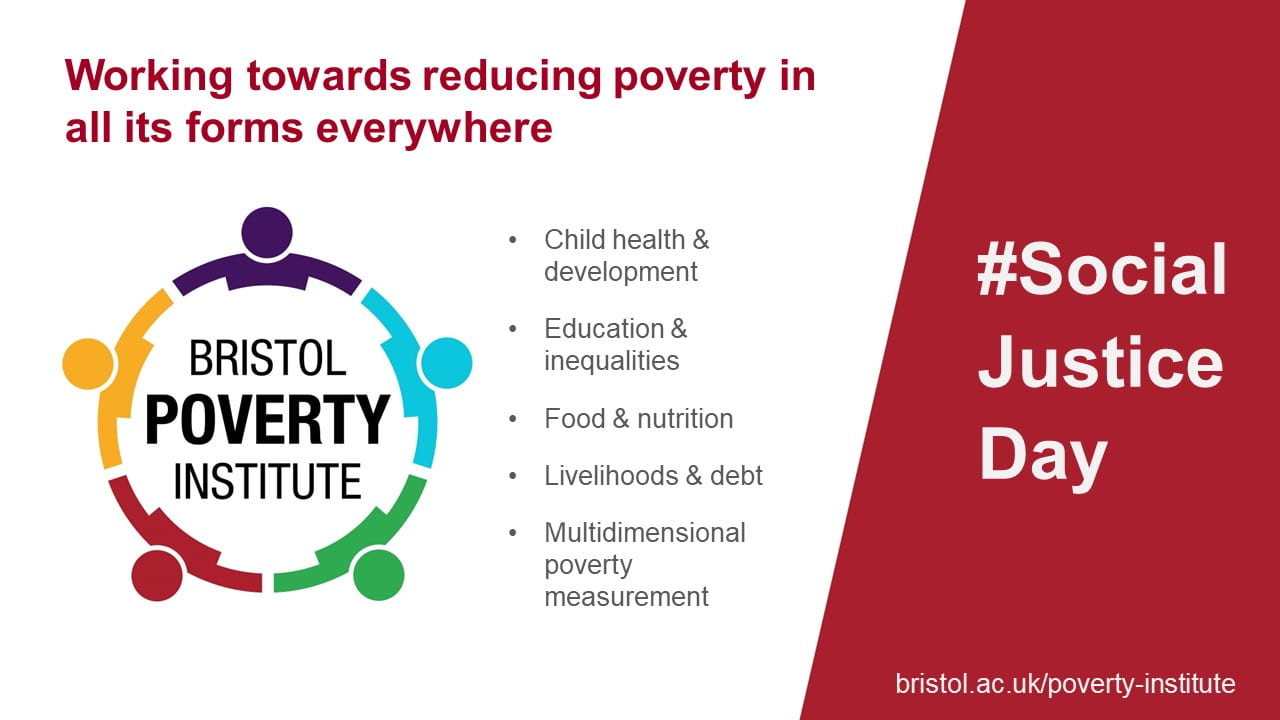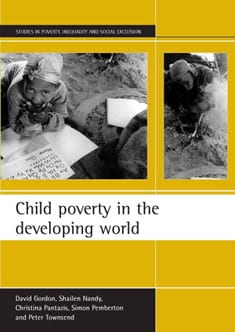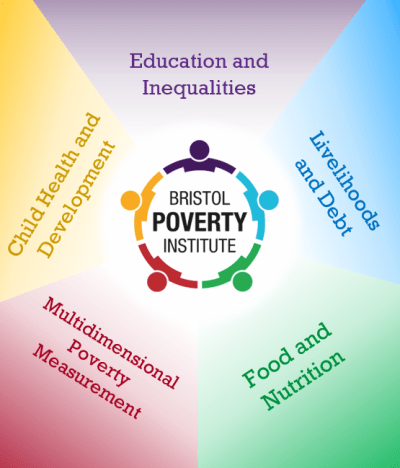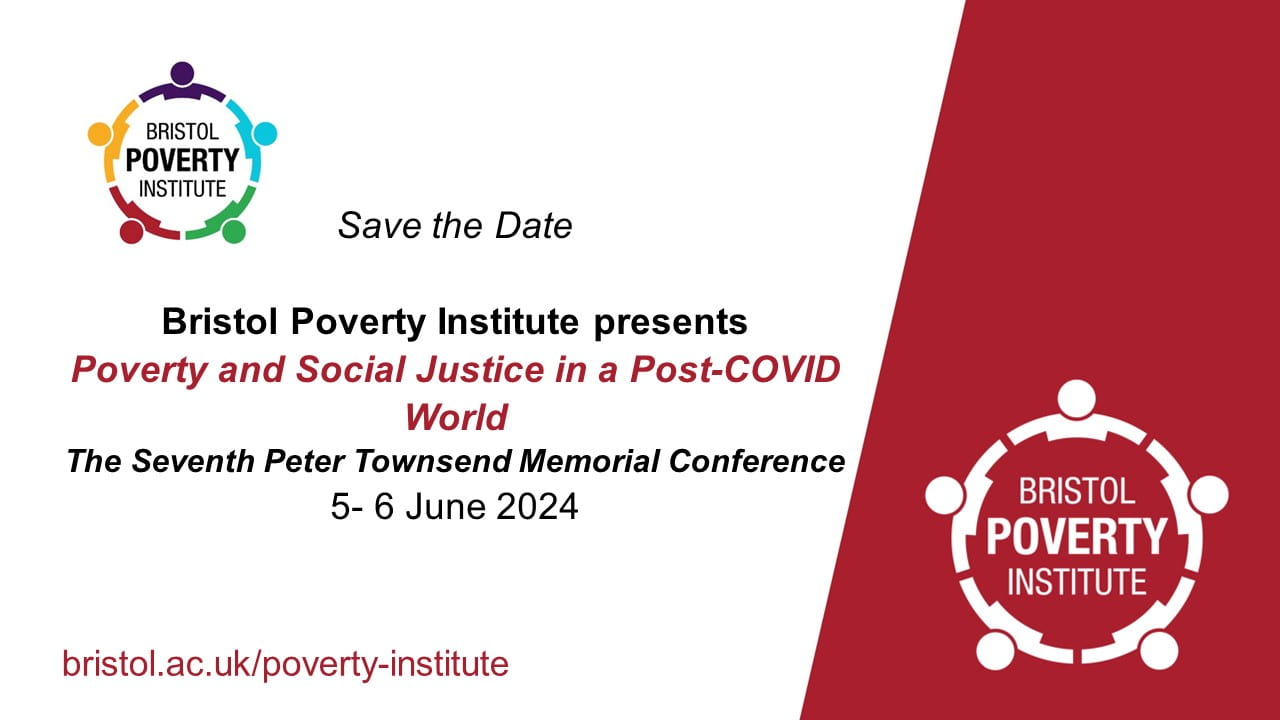The 20th of February 2024 is the 15th UN World Day of Social Justice, a date that seeks to highlight the centrality of social justice as a guiding principle for the actions of States in the construction of fair and cohesive societies at the national, regional, and international levels.
The construction of a “society for all” requires that States, the international community, and all stakeholders – such as academia and civil society – work towards the eradication of poverty and the development of more equitable societies with equal opportunities through the promotion of full employment and decent work, universal access to social welfare, and gender equality, amongst other focus areas/initiatives. Ultimately, it is about pooling efforts towards reducing existing social gaps, promoting integration, and eliminating all forms of structural inequalities. In the words of the former Secretary-General of the UN, Ban Ki-Moon: “The World Day of Social Justice is observed to highlight the power of global solidarity to advance opportunity for all“[1].
For this year’s commemoration, the United Nations has placed emphasis on a challenging global context: the persistence and deepening of injustices such as job insecurity, high levels of inequality, violent conflicts, and ongoing global crises.
For further information, visit: UN Social Justice Day. In addition, visit the International Labour Organisation’s event page and tune in to their live stream.

The Bristol Poverty Institute (BPI)
For the past 25 years, the Bristol Poverty Institute (BPI) and Towsend Centre for International Poverty Research has facilitated multi-disciplinary policy focused research into the eradication of poverty and the pursuit of greater social justice. We have collaborated with United Nations and international organisations, governments, NGOs, charities, and the private sector, united by the common goal of SDG1: to reduce poverty in all its forms everywhere and leave no-one behind.
Our work focuses on a wide range of poverty-relevant issues from various disciplinary perspectives, with strengths and convergence around the themes of child health, education, livelihoods and debt, and food and water, among others.
Our aims are:
- The production of practical policies and solutions for the alleviation and eventual ending of world poverty.
- Greater understanding of both the scientific and subjective measurement of poverty.
- Investigation into the causes of poverty.
- Analysis of the costs and consequences of poverty for individuals, families, communities, and societies.
- Research into theoretical and conceptual issues of definition and perceptions of poverty.
- Wide dissemination of the policy implications of research into poverty.
We are driven by our overarching objective of reducing the extent, scale, and severity of poverty worldwide and advancing social justice in the UK and other countries.
This is why we have joined the United Nations led commemoration this year, as the call for ‘building a society for all’ lies at the heart of our Institute’s work, just as social justice is one of the cross-cutting strategic goals of the University of Bristol.
See more: Bristol Poverty Institute
BPI’s work
Social justice is deeply ingrained in the ethos of our institute, serving as a guiding principle for the diverse range of activities and initiatives we undertake here at the BPI. In our pursuit of multidisciplinary research and vibrant knowledge exchange platforms, we recognize the true significance of such social-justice-driven research and platforms when they actively contribute to the empowerment and transformation of communities.
While it is impossible to encapsulate all our endeavours in the realm of social justice within this space, we are eager to share some of our most impactful contributions to driving positive change and equity in our society. Some examples of our social justice related work are as follows:
- Transforming the definition and measurement of poverty and social exclusion: Our institute has been involved in the development of the ‘consensual method for measuring multidimensional adult and child poverty‘, which measures poverty by assessing direct measures of living standards and identifies deprivation as an enforced lack of socially perceived ‘necessities’. This method is currently used in the UK and in every country in the EU.
- Improving global efforts to reduce child poverty and deprivation: Our approach to assessing child poverty pioneered the creation of the first scientific assessment of the extent and nature of extreme child poverty in the developing world – including access to adequate shelter, safe drinking water and sanitation, education, information, healthcare, and food. UNICEF launched its Global Study on Child Poverty and Disparities in 2008 in 54 countries with over 1.5 billion children where the BPI team supported governments and UNICEF country offices in applying our multi-dimensional approach. Read more on this on our Research Impact page.

- Reducing inequalities in educational attainment: Our research, integral to the Independent Review on Poverty and Life Chances, shaped government strategies from 2010 to 2015, particularly in areas of Social Justice and Child Poverty. It underscored the significance of early childhood education, prompting initiatives to bolster health visitor numbers and expand programs supporting families. Additionally, our findings influenced policies addressing educational disparities among black and minority ethnic learners, resulting in targeted interventions to enhance outcomes.
- Poverty and health inequalities: The University’s pioneering life-course research has profoundly influenced policy and practice, particularly in addressing health inequalities. By revealing the impact of early-life factors on health conditions like stroke and stomach cancer, and highlighting the association between poverty and childhood injuries, our studies have guided targeted interventions to mitigate these effects.
Moreover, our work has shifted the narrative on health inequalities, focusing on the complex mechanisms through which poverty affects health outcomes rather than simply attributing them to individual behaviours. With ongoing research in methodologies like epigenetics, we continue to inform global anti-poverty policies, improving the lives of millions worldwide.
These are just a few examples where our work and research have influenced public policies in areas relating to healthcare, education and childhood poverty; thematic areas that cross-cut the wider thematic areas of poverty and social justice. In addition to these examples, we have many more in areas such as housing and homelessness, access to financial services, and marginalization that we address in our five research clusters.
For more information, visit: Bristol Poverty Institute – Poverty Research Impact

- Support for researchers: As a central part of our work, the BPI is dedicated to fostering a dynamic, inclusive research environment. This commitment is reflected in our provision of a SharePoint site designed to support University of Bristol colleagues collaborating with the Bristol Poverty Institute. This platform offers guidance and resources, including information on BPI’s Research Clusters, internal and external funding opportunities, and links to other useful University resources.
Our five research clusters aim to unite experts from various disciplines across the University to identify synergies, exchange expertise, and pursue collaborative opportunities: Child Health and Development; Education and Inequalities; Food and Nutrition; Livelihoods and Debt; and Multidimensional Poverty Measurement. For more information, visit: Bristol Poverty Institute – Research Clusters (Link for UoB staff only). Aligned with the work of the BPI, members of our board have a prolific background in social justice, linked to each of their areas of expertise.
- Camila Morelli: “Animating the Future” Project. In collaboration with academics from Peru, indigenous researchers, and professional animators, Camila leads the “Animating the Future” Project. This initiative explores the life trajectories of indigenous migrant youth (from rural to urban areas) in various regions of Peru, aiming to preserve the stories and traditions of Amazonian peoples through participatory methods. Participants are encouraged to share their experiences firsthand through visual expression methods. “We found that involving youth actively in documenting traditional cultures through visual methods can be a powerful way to achieve this goal, creating a space where young people who feel unseen can gain a sense of visibility” – C. Morelli. For further information, please visit: Using Animation to Help Young Amazonians Tell Their Story
BPI’s latest social justice related news and activities
- Seedcorn Fund. We are pleased to announce our latest internal funding opportunity is now open! This fund is designed to support and catalyse poverty-relevant research at the University of Bristol (UoB), providing a pipeline from our activities to larger funding bids. Interdisciplinarity and social justice will be key aspects of all successful bids and UoB academics will be able to apply for awards between £3000-£6000. We anticipate funding 2-3 projects in the 2023-24 academic year. There will be further funding available in 2024-25, with more information available in due course. For the current round of funding, applications will be reviewed on a rolling basis until all funds have been allocated or the final submission deadline, 1 May 2024, has been reached, whichever is sooner. For further information, please visit: Seedcorn Funding Scheme
- Upcoming BPI Conference 2024. Poverty and Social Justice in a Post-COVID World (5-6 June 2024). The conference will focus on the impact of the COVID-19 pandemic on various dimensions of poverty and the challenges societies face in a post-COVID world. The first day, held in person, will address the gaps and challenges in the UK – related to themes such as health, education, employment, livelihoods, debt, and structural inequalities – through interdisciplinary and cross-sector panels. The second day, conducted online, will analyse international post-COVID recovery through regional panels covering Asia and Oceania, Europe and Africa, and the Americas.
For further information, please visit: BPI Conference 2024

—————————
[1] Ban Ki-Moon, former Secretary-general of United Nations Message on the World Day of Social Justice 2014 on https://news.un.org/en/story/2014/02/462202-world-day-social-justice-un-urges-action-end-poverty-overcome-inequality. (Last seen 13.02.2024).
